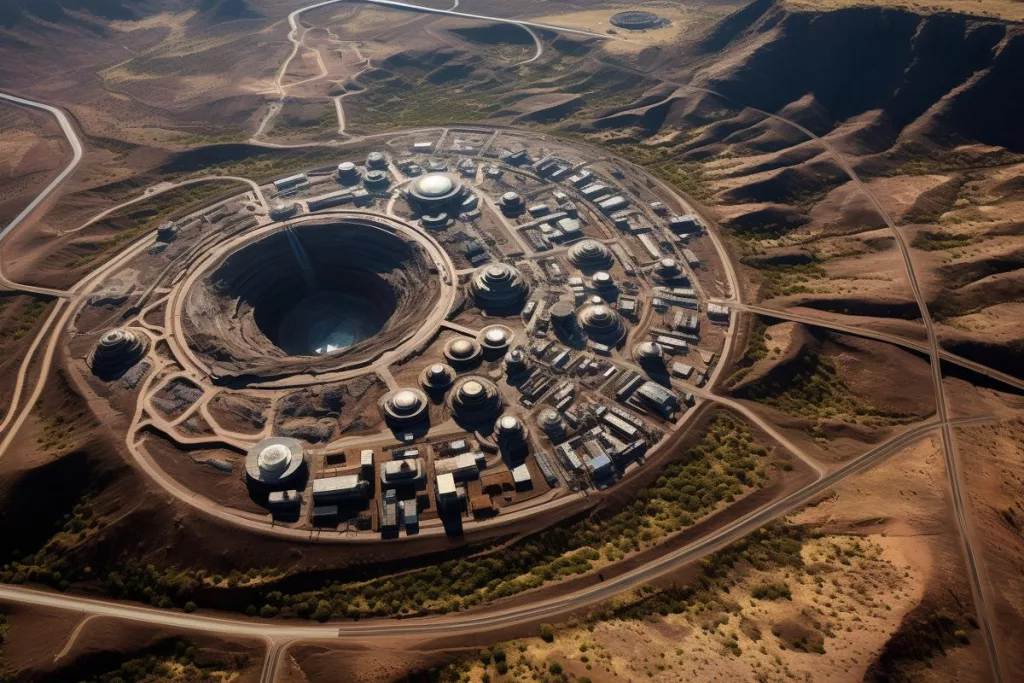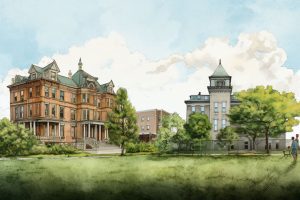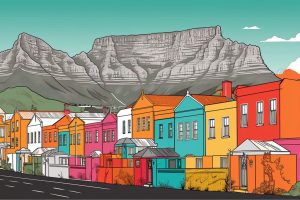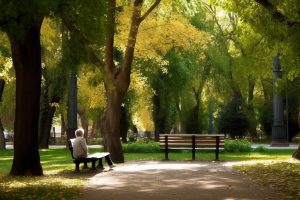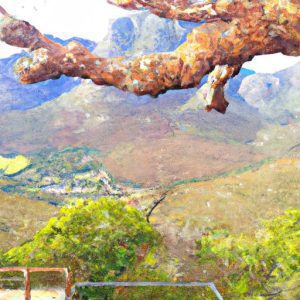The Philippi Opportunity Area is set to undergo a transformation that will make it a sustainable and resilient region. The Local Spatial Development Framework aims to reshape the area into a mixeduse transport hub, merging green spaces with industrial elements to create urban areas that accommodate highdensity residential development, retail, and recreational spaces. The plan also fosters inclusivity and diversity by developing affordable housing options tailored for different income groups and lifestyles and preserving historic tree avenues. The LSDF aims to reinforce the implementation of this spatial vision, steering its transformation and shaping its future.
The closeknit community of Blowy informal settlement in Khayelitsha, Cape Town, has shown remarkable resilience and determination to rebuild their lives and homes after a devastating fire left over 500 individuals homeless and hungry. The community is highlighting the need for innovative urban planning strategies to prevent future tragedies and urging the City of Cape Town to address overcrowding in informal settlements. Despite the challenges, NGOs and the community’s unwavering spirit are providing support and hope for a brighter future.
The City of Cape Town is facing a contentious issue as it seeks to develop the old Woodstock Hospital site and an adjacent piece of open land on Earl Street for social housing while preserving the area’s heritage. ### The Old Woodstock Hospital
The City Council of Cape Town has approved local neighborhood plans, also known as local spatial development frameworks (LSDFs), for three historic areas: BoKaap, District Six, and Two Rivers. This marks a significant moment in Cape Town’s history as it is the first time plans have been created to guide spatial development and land use at the local level for these neighborhoods.
In recent years, the connection between mental health and nature has been gaining recognition. Integrative medical practitioner Dr. Ledivia Strauss, the owner of Revitahealth in the Western Cape, highlights the significant role that green and blue spaces play in our wellbeing and the potential they hold for future development projects in South Africa.
Access to nature is not a luxury but a necessity for physical, psychological, and spiritual wellbeing. Numerous studies in many countries have documented the benefits of being in nature. However, more research needs to be done in developing countries on the importance of nature experience. In these countries, nature is often considered a luxury once basic needs are met. Instead, the focus is on economic development, housing and sanitation, and access to green space. As urbanization accelerates in developing countries, nature experience is becoming increasingly rare, and access to nature and green spaces is highly skewed along socioeconomic lines.
Cape Town is a city that boasts an abundance of natural beauty, and its parks and gardens are no exception. From the iconic Kirstenbosch National Botanical Garden to the historic Company’s Garden, these green spaces offer a chance to escape the hustle and bustle of the city and a glimpse into the rich history and culture of the region.

